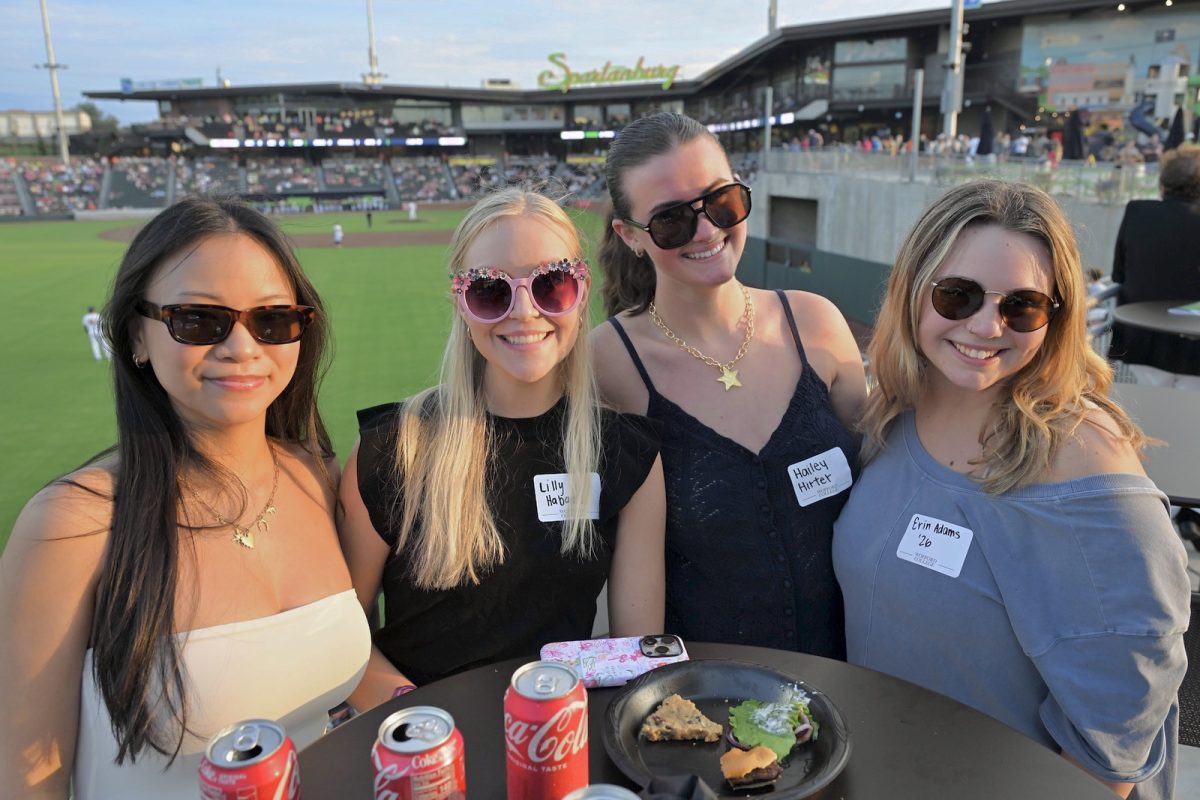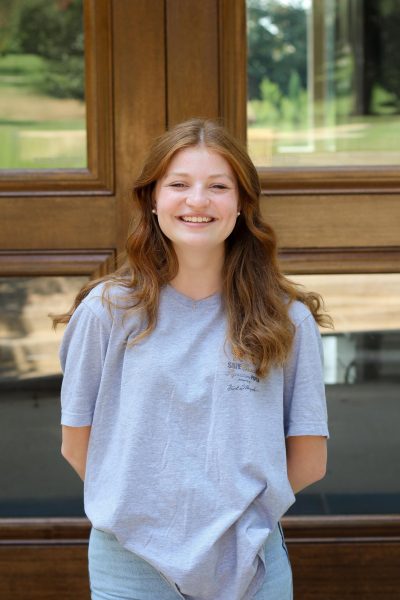Kings, Queens, Dukes and Jesters are not what first come to mind when most people think of psychology, but 50 so years ago, it was exactly what Wofford students would envision.
Wofford’s Psychology Society has had a long history on campus. Initially called the Psychology Kingdom, it was founded by Dr. John Pilley, and his wife Sally, in the early 1970s as a way to bring psychology events to campus.
Known as the king and queen of the Psychology Kingdom, the two ruled over their kingdom, granting students titles as dukes, princes and even jesters. Eventually though, these titles became myth as the kingdom fell into gradual decline.
Years later, John Lefebvre and Cecile Nowatka, professors of psychology at Wofford, decided to revive it.
“About 25 years ago, it was resurrected when Lefebvre and I decided we needed some student events,” Nowatka said. “We wanted there to be academic, social and service events and so we resurrected it and then, a year ago, students decided to change the name to the psychology society.”
Nowadays, the psychology society works through its student board to orchestrate events and promote mental health on campus.
“It’s mainly focused on the mental health side of things and about psychology, providing awareness and putting on events that are related to psychology,” said Allie Bartlett, president of the psychology society. “We transitioned a bit this year to more service based (projects) because we feel like just doing events and having people come isn’t as beneficial as actively helping the Wofford and Spartanburg communities.”
Some of these service projects have included working alongside the Grateful Hearts Project to provide a more positive environment to hospitalized children and events to sponsor mental health resources for those without homes or jobs in the Spartanburg area.
There are also several events coming up for the psychology society.
On Apr. 23, the psychology society will host Sherrerd Hartness to speak on the mental health repercussions of her younger sister’s random murder four years ago. Through this, the psychology society aims to bring to light the mental health of what Hartness calls “co-victims.”
“Ms. Hartness started speaking to groups at the University of South Carolina about her sister’s murder about four years ago,” Nowatka said. “She talks about being what she calls a ‘co victim.’ Violent crime happens and of course, there’s the person to whom it happens, but the family members (of that victim) are also pretty seriously affected, and that’s a lot more people.”
The goal of the event is to bring to light this widespread reality and to provide a space for students to hear a new perspective.
“I think the hope, (and) certainly Ms. Hartness’s hope, is that people in a similar situation will feel like they’re not alone, and they can reach out to others,” Dr. Nowatka stated. “I think it will open people’s eyes to ‘Hey, I’ve probably got co victims, if not victims, in my surroundings, and maybe I can be more open to them.’”
Events like this are the lifeblood of the psychology society, as well as many other organizations on campus.
“I feel like you can have unique experiences, but when you have an event that can bring you all together, I think that’s really important as well,” said Bartlett.





























